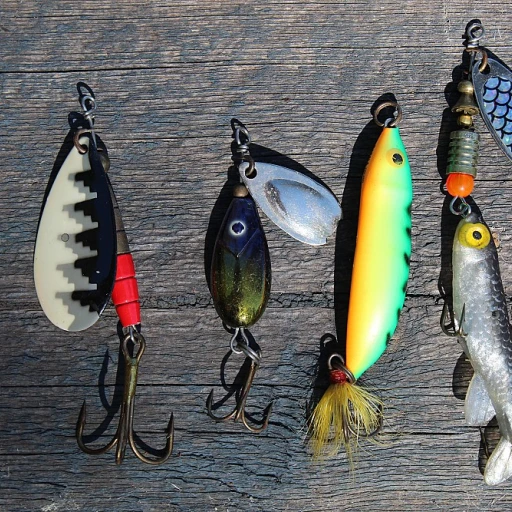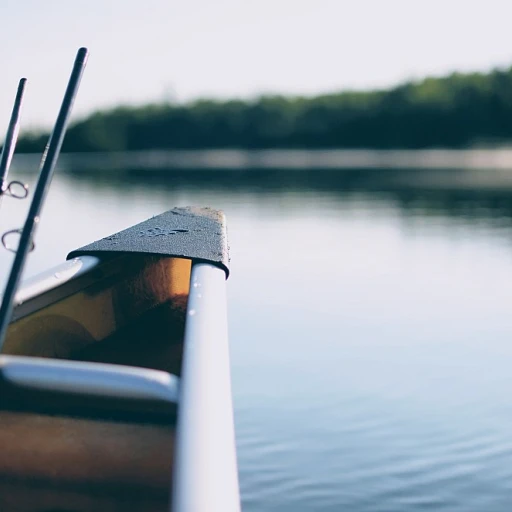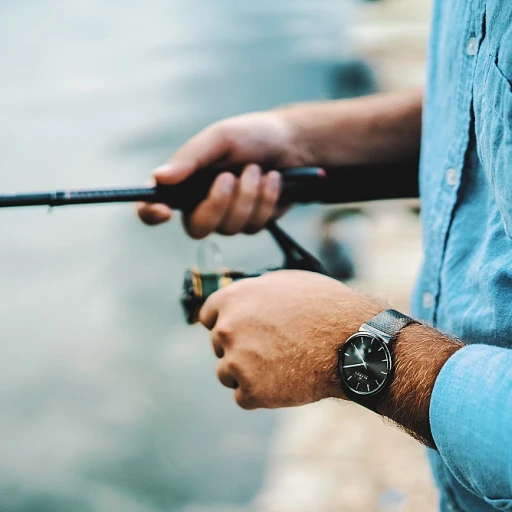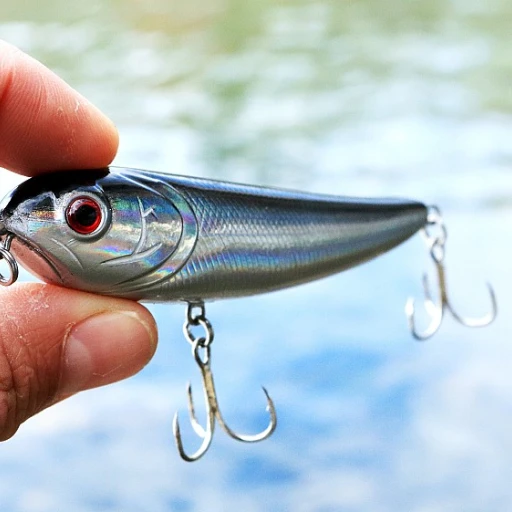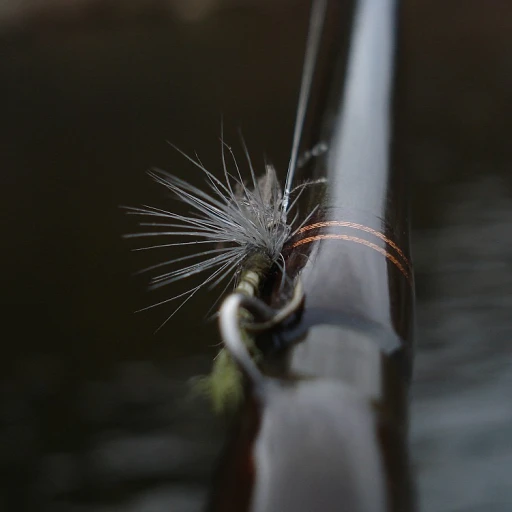
L'impact de la pêche récréative sur les espèces marines en danger
Understanding Recreational Fishing's Impact on Marine Biodiversity
The serenity of casting a line into the vast blue may hide an uncomfortable truth: recreational fishing significantly impacts marine species, some of which teeter on the edge of extinction. With over 47 million Americans identifying as recreational anglers, the cumulative effect on fish populations is not insignificant. Statistics from the National Oceanic and Atmospheric Administration indicate a decline in certain fish stocks correlating with popular recreational fishing areas, underscoring the need for sustainable practices.
Fishing Gear: From Hooks to Habitat Disruption
It's not just the number of fish removed from the ecosystem that raises concern; it's also the type of gear used. Traditional fishing hooks, often seen as innocuous, can cause long-term damage to marine life. Research indicates that non-selective gear contributes to bycatch, impacting an estimated 63 billion pounds of marine animals each year. Anglers' choices in tackle can, therefore, inadvertently harm unintentional species, including those considered endangered.
The Ripple Effect of Catch-and-Release
Many argue that catch-and-release methods mitigate negative effects, but the practice is not fail-safe. The stress inflicted during capture can result in post-release mortality, which, according to a study by the International Journal of Fisheries Science, ranges from 0.8% to up to 9% in certain species. This statistic reveals an underlying issue that sustainable fishing practices aim to address, ensuring that released fish survive to contribute to their populations.
Indispensable Biodiversity and Ecosystem Balance
Biodiversity within our oceans is more than a luxury; it's a critical component of a healthy ecosystem. Each species plays a specific role, with top predators like the Atlantic Bluefin Tuna being integral to maintaining balance. Their decline, by as much as 51% in the Western Atlantic, demonstrates the cascading consequences that recreational fishing can have, a theme explored further as we discuss the intricacies of maintaining marine conservation.
Des cannes à pêche aux politiques : L'implication des pêcheurs dans la conservation marine
The Role Anglers Play in Marine Conservation Efforts
When it comes to preserving our oceanic ecosystems, anglers are not just sportsmen but stewards of the sea. In fact, sustainable fishing practices have become a rallying cry within the recreational fishing community. According to statistics, recreational fishing accounts for a large portion of the total fish caught worldwide, and thus has a significant impact on marine populations. This underlines the importance of educating and engaging fishing enthusiasts in marine conservation.
Fishing Enthusiasts Taking the Lead in Sustainability
It's enlightening to see a movement, where fishing enthusiasts become ambassadors for sustainable fishing. Reports indicate that many are taking transformative steps, including involvement in policy development, habitat restoration, and research funding. "By engaging in advocacy and adhering to catch-and-release guidelines, fishermen are ensuring that their beloved sport can be enjoyed by future generations," says a prominent fisheries expert. This community-driven involvement is key to driving change that will preserve marine life in the long run.
From Hobby to Advocacy: Recreational Fishers Shaping Policy
Fishing regulations often come to fruition thanks to the input of those who have a personal investment in marine resources—recreational fishermen. The National Oceanic and Atmospheric Administration (NOAA) has published statistics showing that recreational fishers contribute significantly to conservation efforts by complying with size limits, seasons, and bag limits. By understanding the science and the needs of the ecosystems they frequent, fishermen are uniquely positioned to influence sustainable fishing policies effectively.
- The active participation of anglers in fish stocking programs
- Support for the creation and enforcement of marine protected areas (MPAs)
- Adoption of selective gear and fishing methods to minimize bycatch
Pratiques durables sur le terrain : Techniques éthiques pour l'homme moderne à la canne
Embracing Ethical Angling Techniques
As the modern angler wields their rod, the responsibility for ocean stewardship becomes more critical. According to the National Oceanic and Atmospheric Administration, recreational fishing contributes significantly to the stress on overfished species. Adopting ethical angling techniques not only supports biodiversity but also enriches the fishing experience with the knowledge of contributing to a larger cause. For instance, catch and release, a practice where fish are carefully released back after capture, is not only a sporty challenge but pivotal in sustainable fishing. Studies show that properly handled catch-and-release can result in survival rates exceeding 90% for some species.
Choosing the Right Gear
Adapting to eco-friendly fishing gear can dramatically reduce unintended catch or bycatch, which accounts for up to 40% of global fish capture. The use of circle hooks, as opposed to traditional J-hooks, has been monumental in reducing bycatch, particularly with species such as sea turtles, which are often caught inadvertently. Moreover, fishing lines made from biodegradable materials are gaining popularity, minimizing the long-term environmental impact should the gear be lost at sea. Utilizing gear advancements, the fisherman's tackle box becomes a toolkit for marine preservation.
The Role of Season and Size
Time and size do matter in recreational fishing. It is crucial to align with seasonal fishing regulations, as these are designed to avoid breeding seasons and ensure species sustainability. For example, a study by the Florida Fish and Wildlife Conservation Commission urges anglers to respect size limits; surprisingly, a single inch can influence the reproductive output, given that larger fish often carry more eggs. By adhering to these guidelines, fishermen can ensure they're not disrupting the crucial reproduction of vulnerable species.
Technology for Conservation
Advanced technology, like fish-finding sonars, has the dual ability to enhance the sport of fishing and aid in conservation. Real-time data allows fishermen to more accurately target specific species and sizes, reducing unintentional catches. Apps that track catch data are increasingly popular, as reported by the Recreational Boating & Fishing Foundation, feeding into databases that help monitor fish populations and inform sustainable practices. Technological integration thus becomes an ally in the pursuit of an ethical fishing future.
Education and Angler Etiquette
Knowledge is as significant as the bait at the end of one's line. The impact of educational initiatives on sustainable fishing habits cannot be overstated. An informed angler is empowered to make choices that align with preservation of marine ecosystems. For example, workshops on proper catch-and-release techniques can prevent unintentional harm to the fish. Furthermore, angler etiquette, such as not leaving behind trash or fishing line, reinforces a culture of respect and mindfulness towards the environment.
For more insightful tips on sustainable fishing practices, be sure to visit reeling in the responsibility for threatened marine species, where you can dive deeper into the role of ethical fishing in safeguarding our oceans' health.
Au-delà de l'appât : Les histoires de réussite de la pêche durable
Triumphs in Sustainable Fishing: Stories Worth Celebrating
When we dive into the success stories of sustainable fishing, we're not just talking about isolated incidents; we're revealing a growing trend toward ocean stewardship among recreational fishermen. With an eye on the future, these tales of innovation and commitment create a blueprint for others to follow. According to a study published by the Journal of Environmental Management, areas practicing sustainable fishing have seen a significant reduction in bycatch by as much as 40%, highlighting the impact of ethically focused fishing efforts.
- Community-Led Conservation Initiatives: In coastal towns, local fishing communities are banding together to set up no-take zones and marine reserves, allowing fish populations to regenerate. Examples of community engagement have seen fish stock increase, as evidenced by a National Marine Fisheries Service report highlighting a 20% rise in local fish populations within protected areas.
- Innovative Gear for a Greener Future: The industry has pioneered biodegradable fishing lines and eco-friendly lures that minimize environmental damage and reduce the risk of entangling marine life. Companies now report that adopting such gear has not only helped in conserving species but also improved the marketability of their products among environmentally conscious customers.
- Mobile Apps for Sustainable Choices: Fishermen are using mobile applications that provide real-time data on which species are sustainable to catch, thus enabling better decision-making while out on the water. As per the World Wildlife Fund, there has been a 10% increase in the usage of these apps among fishermen, underlining a shift towards more informed fishing practices.
The Ripple Effect of Responsible Angling
In every successful story where sustainable fishing practices are adopted, there's a ripple effect that extends far beyond the initial action. Collaborations between local governments, NGOs, and fishing communities are forging new paths for conservation. For instance, the 'Fish for Tomorrow' initiative resulted in a reported 30% decrease in illegal fishing activities within their operational areas, according to partnering conservation groups' findings. This spirit of collaboration is essential for creating a scalable impact on marine life preservation.
Ultimately, these positive outcomes feed back into the fishing community. The strength of a sustainable approach lies not just in the ecological benefits or the triumph of conservation, but in the empowerment of fishermen to become guardians of the sea. Studies from organizations like the International Union for Conservation of Nature (IUCN) reveal that sustainable fishing practices can lead to a 50% improvement in long-term fishery health, ensuring that future generations can continue to enjoy the bounties of the ocean.

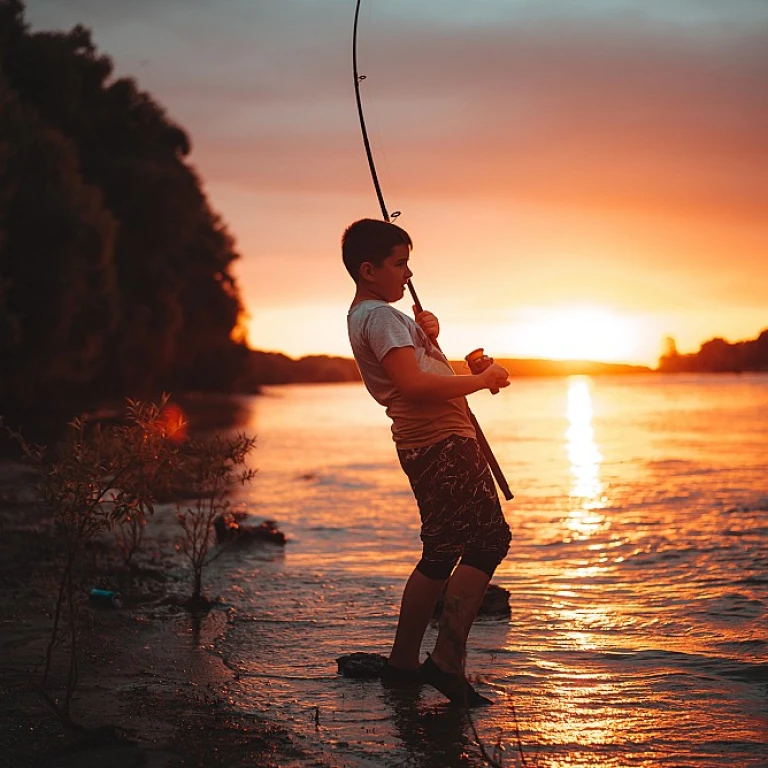
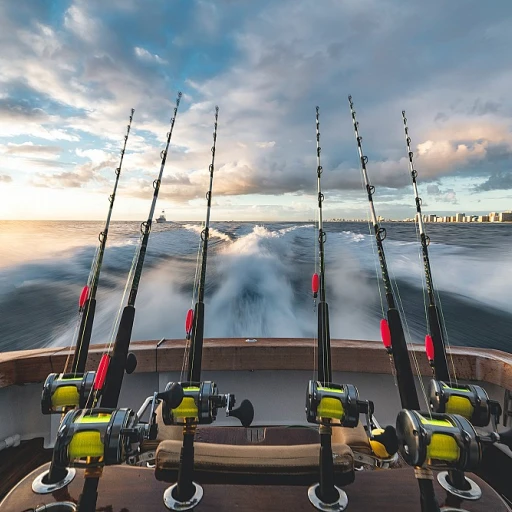
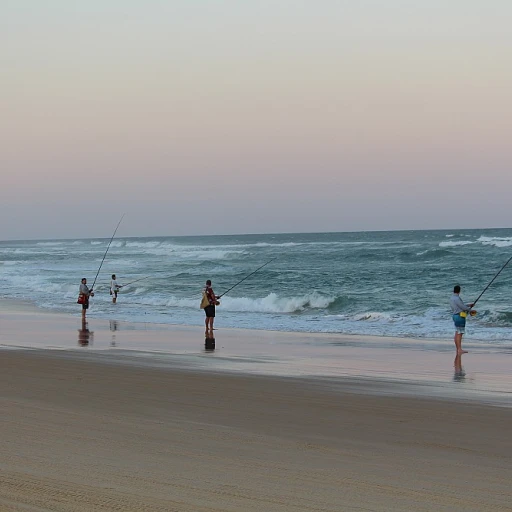
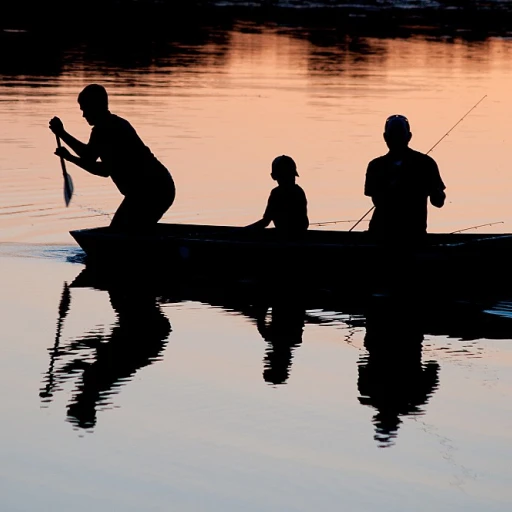

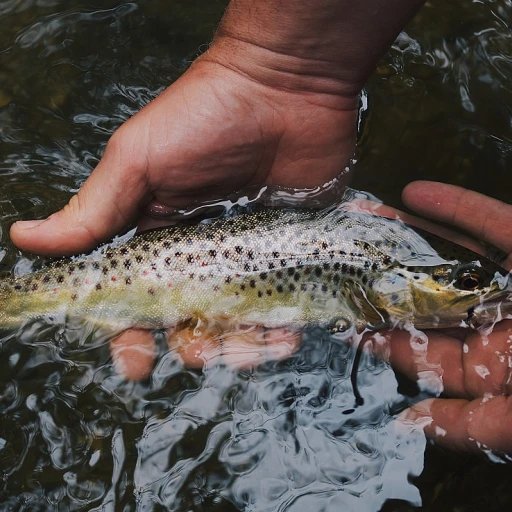
-large-teaser.webp)

